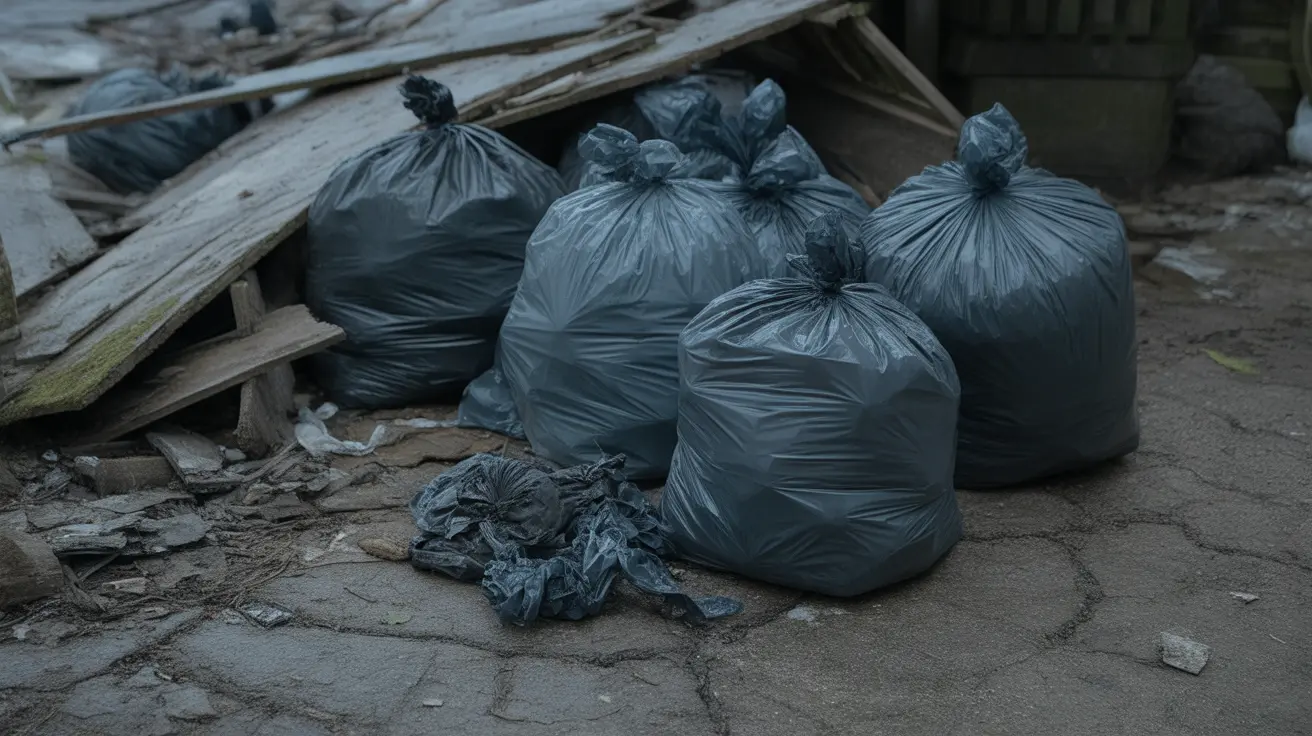The Dangers of Pecans: One of the Most Toxic Foods for Dogs
When considering what human foods are safe for dogs, many pet owners mistakenly believe that natural items like nuts are harmless. However, pecans are one of the most toxic foods for dogs—even though they may be a healthy snack for humans. This article explores why pecans are so dangerous, signs of pecan toxicity, safer alternatives, and protective measures dog owners should take.
Why Pecans Are Toxic to Dogs
There are multiple reasons pecans are unsafe for canine consumption:
- Juglone: An organic compound found in pecans (and other members of the walnut family) that is harmful to dogs, potentially leading to gastrointestinal upset and neurological issues.
- Mold Risk: Pecans are susceptible to mold contamination, particularly by Aspergillus species, which produce mycotoxins and aflatoxins. These substances can cause severe neurological damage, leading to tremors and seizures.
- High Fat Content: Pecans are high in fat, and dogs consuming too much fat are at risk of pancreatitis — a painful and sometimes life-threatening condition.
- Choking Hazard and Blockage: Whole or shelled pecans can cause choking or intestinal blockages, especially in small dogs.
Symptoms of Pecan Toxicity in Dogs
Signs your dog may have ingested toxic pecans include:
- Vomiting
- Diarrhea
- Lethargy
- Loss of appetite
- Abdominal pain
- Increased urination
- Tremors
- Seizures
These symptoms may be more severe in small dogs, puppies, older dogs, or pets with existing health issues. Immediate veterinary attention is recommended if any of these signs are observed.
Other Nuts That Are Dangerous for Dogs
Pecans are not the only nuts that pose a danger to dogs. The following should be completely avoided:
- Macadamia Nuts: Known to cause weakness, tremors, vomiting, and hyperthermia.
- Black Walnuts: Can contain mold and trigger seizures and tremors.
- Hickory Nuts and Pistachios: High fat content and mold risks make them unsafe.
Are Any Nuts Safe for Dogs?
While some nuts like unsalted peanuts, cashews, or almonds are not as harmful, they still carry risks:
- High in calories and fat: Can contribute to obesity and pancreatitis.
- Choking hazard: Particularly dangerous for smaller breeds.
- Digestive issues: Even in small amounts, these nuts can cause stomach upset.
Because of these concerns, veterinarians commonly recommend avoiding all nuts, or providing them in very limited amounts and only if advised by a professional.
What to Do If Your Dog Eats Pecans
- Do not induce vomiting or provide home remedies unless directed by a veterinarian.
- Observe your dog for signs of illness, especially in the first 24 hours.
- Contact your veterinarian immediately if moldy pecans or large amounts were consumed.
Early intervention can prevent serious complications and facilitate recovery.
Safe Treat Alternatives for Dogs
If you're looking for healthier and safer treats for your dog, consider:
- Apple slices (with seeds removed)
- Plain carrots
- Cooked lean meats (chicken, turkey, beef)
- Commercially formulated dog treats designed for canine nutrition
These alternatives are not only safe but also offer nutritional benefits without the risk of toxicity.
Preventive Tips for Dog Owners
To protect your dog from accidental pecan ingestion:
- Store nuts securely in sealed containers out of reach.
- Check your yard for fallen pecans or shells if you have a pecan tree.
- Be alert during walks in public parks where nuts or shells may be present on the ground.
- Train your dog with commands like “leave it” to discourage them from eating found food.
Conclusion
While sharing snacks with your furry friend might be tempting, pecans are a poor and dangerous choice for dogs. The combination of toxicity, mold risk, fat content, and choking potential makes them one of the most hazardous human foods for pets. Keep nuts safely stored, observe your dog for any unusual symptoms, and always consult your vet for dietary advice. Your vigilance can save your pet from unnecessary suffering and expensive emergency care.





